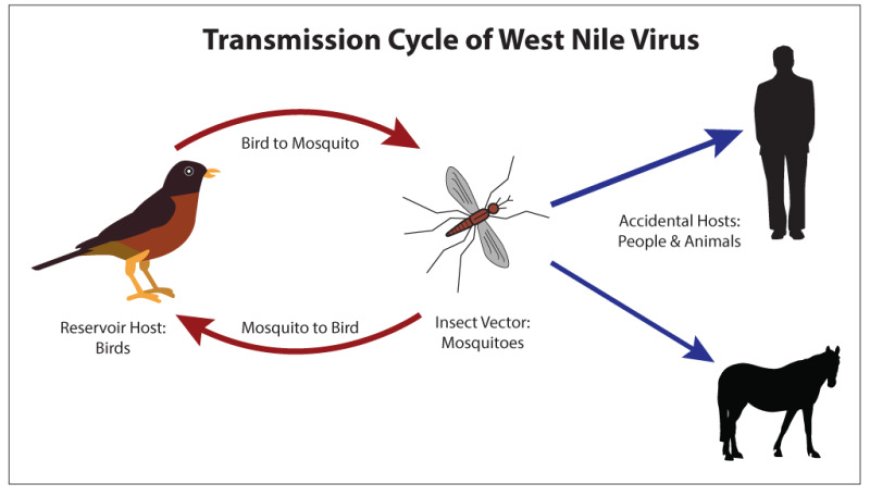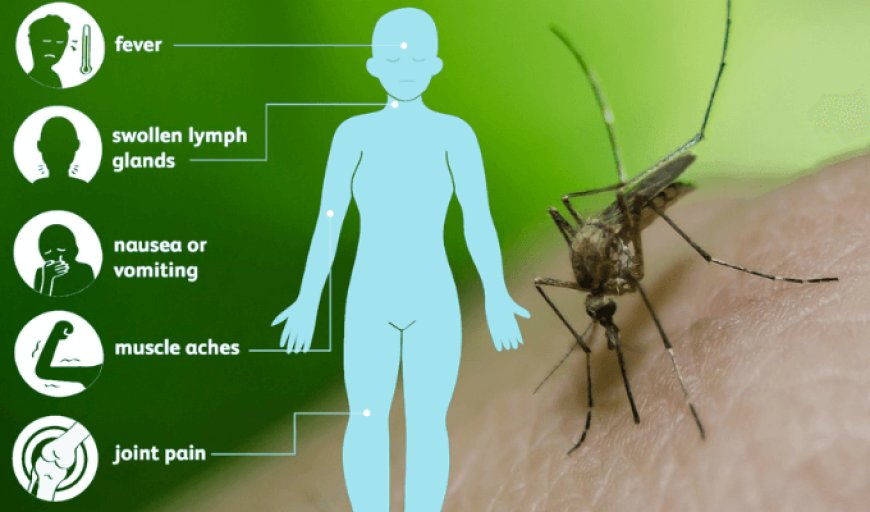"West Nile Virus Risks And Complications You Need To Know"
understand the potential risks and complications associated with West Nile Virus, including severe infections and neurological conditions, to help prioritize your health.
The West Nile virus is a mosquito-borne virus first identified in 1937 in the West Nile region of Uganda. It is a member of the family Flaviviridae and is closely related to other mosquito-borne viruses such as dengue, yellow fever, and Japanese encephalitis. The virus is known to cause encephalitis and meningitis, mainly in the elderly, and is spread primarily by the Culex mosquito.
The first known case of West Nile virus in humans was reported in the 1950s in Israel. Since then, the virus has spread across the world, including North America. In 1999, the virus was detected in New York City and, since then, it has spread to all 50 states in the US. In 2012, the virus was reported in Canada for the first time.
West Nile virus is an infectious disease that is spread through the bite of a mosquito. It is a virus that is found in many parts of the world, including the United States. It is most commonly found in areas with warm climates and can cause serious illness and even death.
Cause of West Nile Virus
Although it is still not known precisely what causes the virus to be so widespread, experts believe that climate change could be a factor. Warmer temperatures can create ideal conditions for the growth and spread of the virus. As temperatures become more consistent, mosquitoes are more likely to congregate and feed on birds, increasing the chances of the virus being spread.
Other factors that may contribute to the spread of the virus include poor hygiene and sanitation. Mosquitoes tend to breed in standing water, so areas with poor sanitation can be more prone to outbreaks of West Nile forest.
The virus is spread through the bite of an infected mosquito which has picked up the virus from an infected bird or animal. The virus is then passed on to a human when the mosquito bites them.
Symptoms of West Nile virus
West Nile virus symptoms can range from mild to severe and can include:
· fever
· headaches
· body aches
· nausea
· A rash and swollen lymph nodes.
In severe cases, it can cause encephalitis (swelling of the brain) or meningitis (inflammation of the lining around the brain and spinal cord).
When to see Doctor
The most important thing to do if you think you may have been exposed to West Nile virus is to contact your doctor right away.
If you are experiencing any of the symptoms associated with West Nile virus, such as fever, muscle aches, or headaches, it is important to seek medical attention. It is also important to contact your doctor if you have recently had a mosquito bite and are feeling ill. Your doctor can perform a blood test to determine if you have been infected with the virus.
If you test positive for West Nile virus, your doctor will likely prescribe antiviral medication to help reduce the severity of your symptoms. Your doctor may also recommend rest and fluids to help manage your symptoms.
It is also important to see your doctor if you are experiencing more serious symptoms associated with West Nile virus, such as confusion, dizziness, or seizures. These symptoms are indicative of a more severe form of the virus, and it is important to seek medical attention as soon as possible.
Prevention
The best way to prevent West Nile virus is to avoid being bitten by a mosquito. This can be done by wearing long sleeves and pants when outside and using insect repellent. It’s also important to remove standing water around your home as this can be a breeding ground for mosquitoes.
There are also vaccines available to protect against West Nile virus. These vaccines are not currently available in the United States but are available in other countries.
If you think you may have been infected with West Nile virus, it’s important to seek medical help as soon as possible. Treatment typically includes rest and fluids to help the body fight off the virus. In severe cases, hospitalization may be required.
Although West Nile virus can be serious, the risk of infection is low. By taking precautions to avoid mosquito bites, you can help reduce your risk of becoming infected.
Treatment
There is currently no specific treatment for West Nile virus. The best treatment for WNV is prevention. People should take steps to reduce their risk of infection, such as using mosquito repellent, wearing protective clothing, and avoiding areas where mosquitoes are active.
In cases of severe neurological disease, supportive care is the main form of treatment. This could include hospitalization, intravenous fluids, and breathing support. Pain medications may be prescribed to reduce fever and headache. Corticosteroids may be used to reduce inflammation. Antiviral medications, such as ribavirin, may be used to reduce the severity of the infection.
In some cases, a person may need to be placed on a ventilator in order to help them breathe. In extreme cases, a person may need to be placed in a medically induced coma in order to protect the brain from further damage.
Conclusions
In conclusion, the West Nile virus is a serious public health concern. While increased awareness and prevention efforts can help reduce the spread of the virus, it is still important to take steps to reduce your risk of exposure. If you are exposed, it is important to seek medical attention as soon as possible to reduce the risk of serious illness.
What's Your Reaction?










































